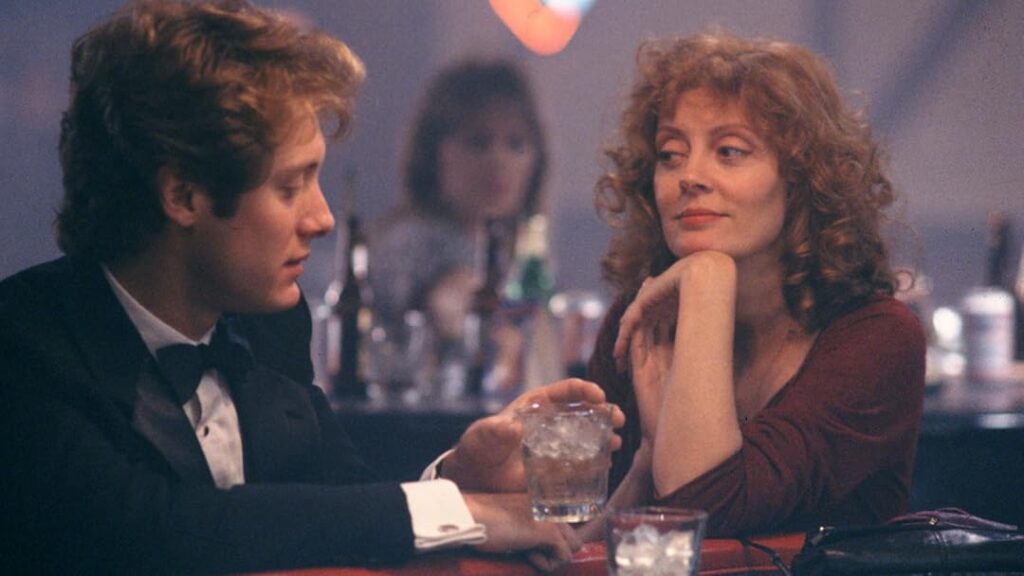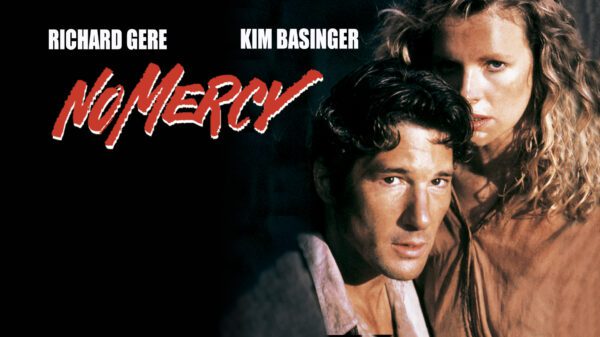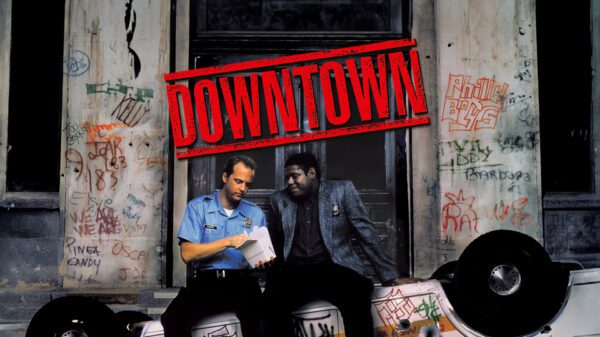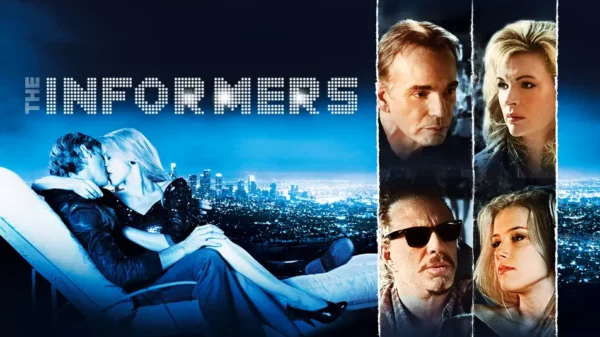White Palace, released in theaters on October 19, 1990, is a mature, sensual romance that balances gritty realism with genuine human warmth. Starring Susan Sarandon and James Spader, the film is a story of unexpected connection that traces the scars of sorrow and the courage to reach across social divides.
Max Baron (Spader) is a 27-year-old St. Louis advertising executive still numb with grief two years after the loss of his wife. His carefully controlled, upper-middle-class world is shattered when he meets Nora Baker (Sarandon), a 43-year-old waitress at the White Palace diner.
A chance confrontation over a botched burger order leads to an unlikely night together, drawn by their shared pain of losing loved ones—his wife in a car crash, her son to illness. Their bond turns passionate and complicated, set against the backdrop of a city where class, age, and background build invisible walls.
What begins as an impulsive encounter blossoms into a secret romance.
Max’s feelings for Nora challenge everything about his life—his friends, family, and status—and demand that he confront his own prejudices.
Nora, meanwhile, is defensive and haunted, wary of getting hurt again.
Tensions arise as Max hides their relationship, fearing judgment from his social circle. When their love is exposed at a socially disastrous family event, the strain becomes too much, leading to a painful breakup.
In time, Max realizes the emptiness of living a “proper” life without true connection.

Susan Sarandon and James Spader in White Palace (Photo/Universal Pictures)
Performances and Tone
Sarandon gives Nora a layered, wounded dignity, capturing the pain and humor of a woman who’s been let down but refuses to give up.
Spader’s Max is rigid yet vulnerable, undergoing a gradual transformation as love compels him to become braver and less judgmental.
Jason Alexander, Kathy Bates, Eileen Brennan, Steven Hill, Kim Myers and Corey Parker round out the supporting cast.
Reception for White Palace
White Palace grossed $1.1 million on its opening weekend, finishing No. 13 in limited release of 99 screens. The following weekend, the film would expand to wide release and finish with $3.4 million in third place at the box office.
The film would gross $17.5 million in its theatrical run.
Roger Ebert gave the film three and a half out of four stars in his review.
Legacy
White Palace stands out as an uncommonly honest romance, a film that explores age and class anxiety without turning away from the turbulent, messy realities of love and loss.
Its frank sexuality, emotional candor, and two bravura lead performances have garnered enduring admiration and it’s become a minor classic for those who appreciate stories about imperfect people learning to build happiness out of heartbreak.























